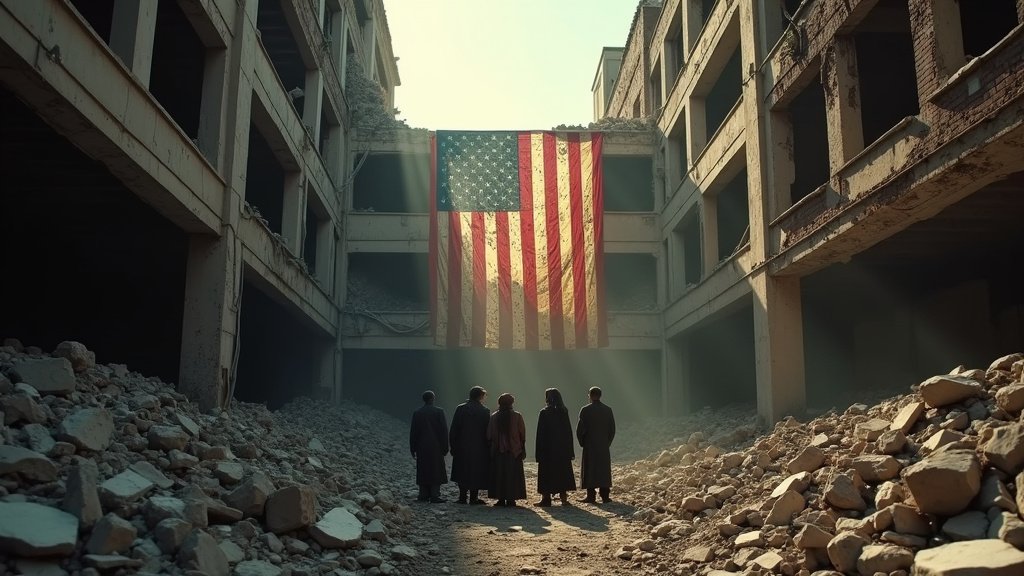The United States and Israel have strongly criticized France’s impending decision to recognize a Palestinian state, setting the stage for increased international tension regarding the Israeli-Palestinian conflict. The disapproval stems from French President Emmanuel Macron’s announcement that France would formalize its recognition at the United Nations General Assembly in September, a move that has drawn sharp rebukes from key allies.
Rubio’s Condemnation
United States Secretary of State Marco Rubio was quick to voice his disapproval of the French plan. In a post on X, formerly known as Twitter, Rubio labeled the decision a “reckless decision” that “only serves Hamas propaganda.” This condemnation reflects the US administration’s long-standing stance against unilateral recognition of a Palestinian state, emphasizing the need for a negotiated two-state solution.
The US administration, under President Donald Trump, has also announced it would not attend an upcoming United Nations conference designed to seek a two-state solution for Palestinians. This decision further highlights the growing divide in approaches to the Israeli-Palestinian conflict.
France’s Pivotal Role
President Macron’s decision is significant because France is a close ally of Israel and a member of the Group of Seven (G7), making it a major geopolitical player. The formalization of recognition by France would make it the largest, and arguably the most influential, country to formally recognize a Palestinian state. This would likely embolden other nations to follow suit, further isolating Israel on the world stage and potentially altering the dynamics of future peace negotiations.
International Recognition
Macron’s announcement comes amid a larger trend of international recognition of Palestinian statehood. At least 142 out of 193 member countries of the United Nations currently recognize, or are planning to recognize, a Palestinian state. This widespread recognition underscores a growing international consensus that a two-state solution, with an independent Palestinian state alongside Israel, is the most viable path to lasting peace in the region. However, the US and Israeli governments continue to express strong resistance to unilateral recognition, arguing that it undermines the negotiation process and may exacerbate the ongoing conflict.
Implications and Future Outlook
The dispute between the US, Israel, and France has wide-ranging implications for the future of the Israeli-Palestinian conflict. The differing approaches among key allies could lead to a more divided international response. It could also impact the progress of future peace talks. It remains to be seen whether other influential nations will join France in recognizing a Palestinian state, which could have significant diplomatic and political ramifications.
The US’s criticism of the French plan, coupled with its decision to abstain from related UN conferences, signals a deepening rift between the US and some of its European allies. This divide could further complicate efforts to resolve the long-standing conflict, as different nations promote conflicting diplomatic strategies.
As the international community continues to debate the path forward, the future of the Israeli-Palestinian conflict remains uncertain. The United States and Israel are likely to maintain their opposition to unilateral recognition. However, the growing number of countries recognizing a Palestinian state, led by France, suggests that the pressure for a negotiated two-state solution will only intensify in the coming months.












